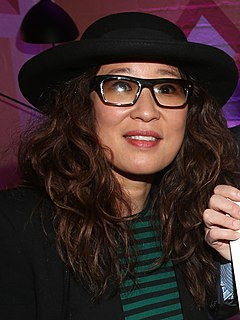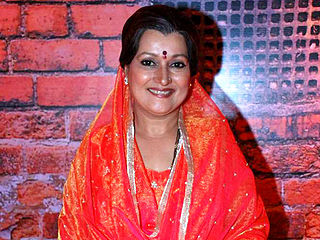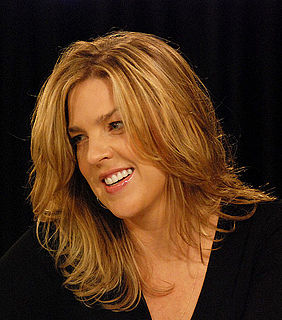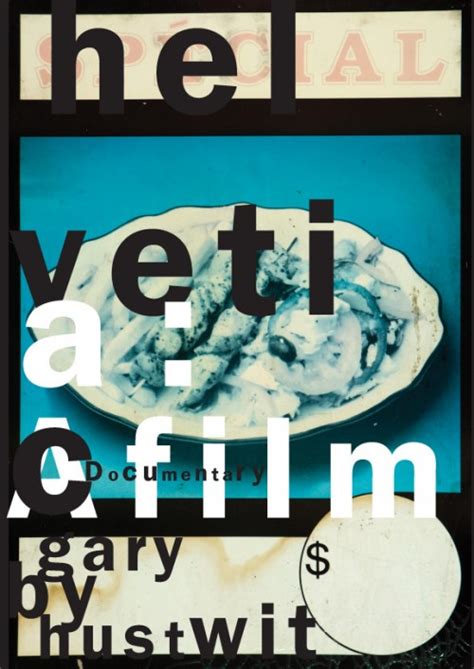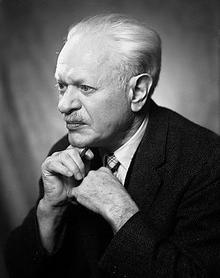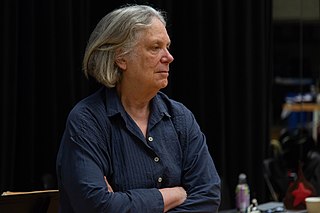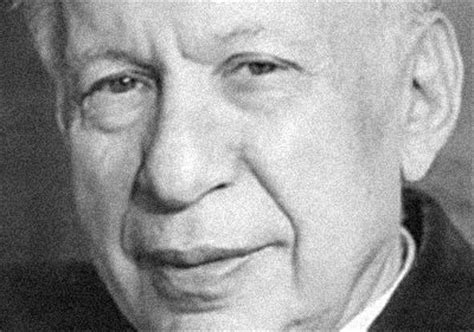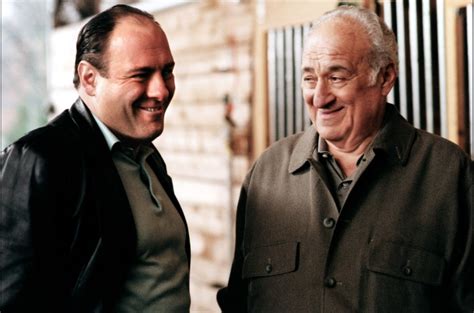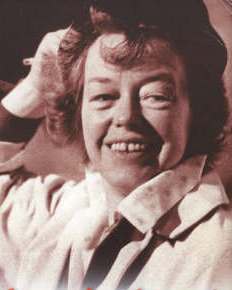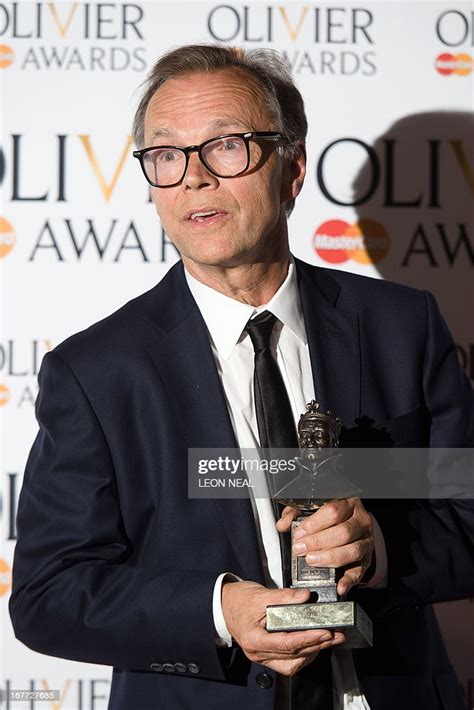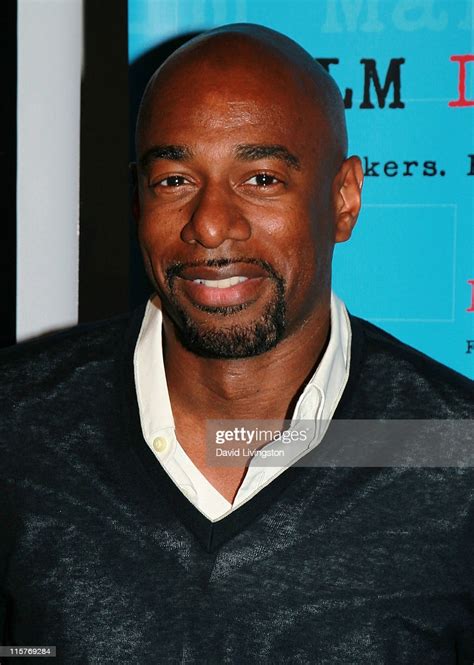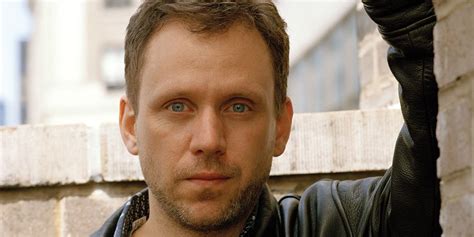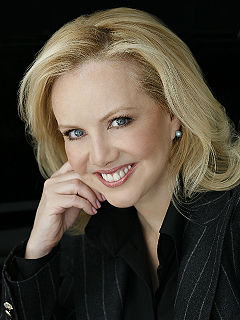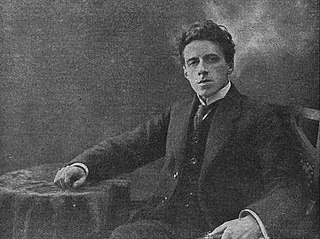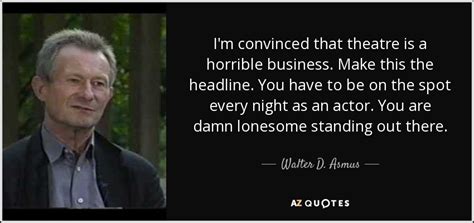A Quote by George Ogilvie
An actor and a [theatre] director are both what I would call interpreters of work. We interpret a work, just as a musician will interpret a composer's work, we interpret the work of a playwright. We are servants of the theatre and I've always believed that. We must serve what has been written, that's what we're there for.
Related Quotes
A sober, devout man will interpret 'God's will' soberly and devoutly. A fanatic, with bloodshot mind, will interpret 'God's will' fanatically. Men of extreme, illogical views will interpret 'God's will' in eccentric fashion. Kindly, charitable, generous men will interpret 'God's will' according to their character.
With theatre, you can interpret the most complex play on stage for it have meaning to an audience because you're dealing in images, you're dealing in action, you can use different idioms to interpret and clarify something which is obscured in the reading and of course there are different kinds of play, there are mythological plays, there are what I call the dramatic sketches, direct political theatre which is virtually everybody, but I find that you can use the stage as a social vehicle, you know, which any kind of audience.




